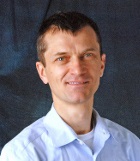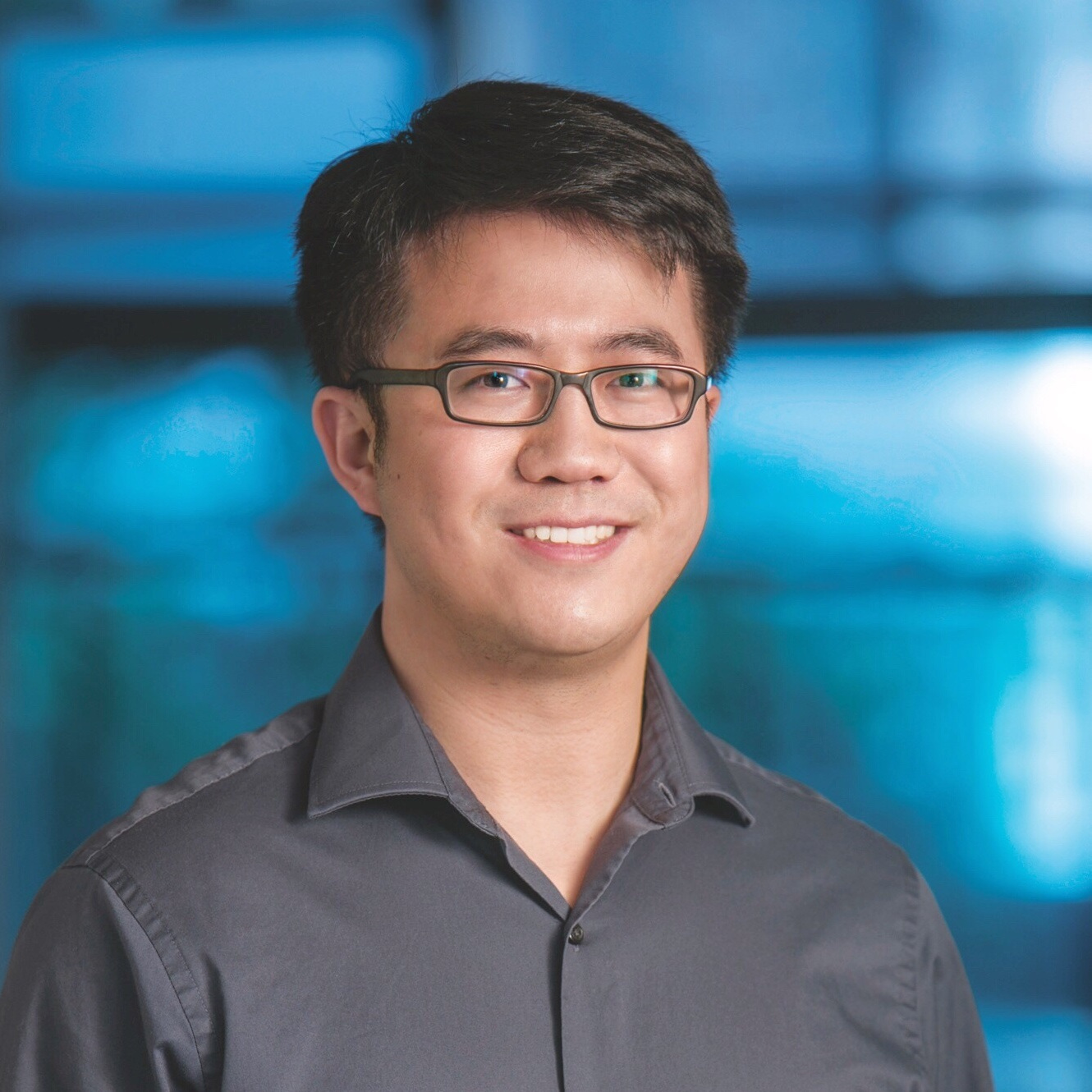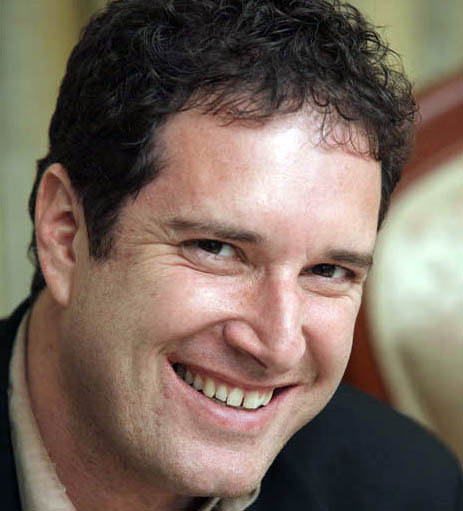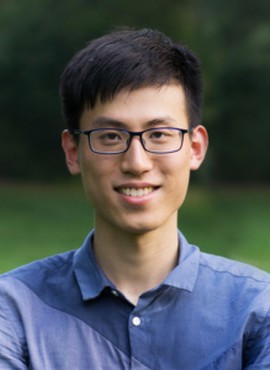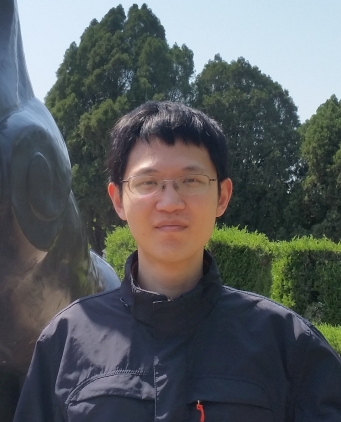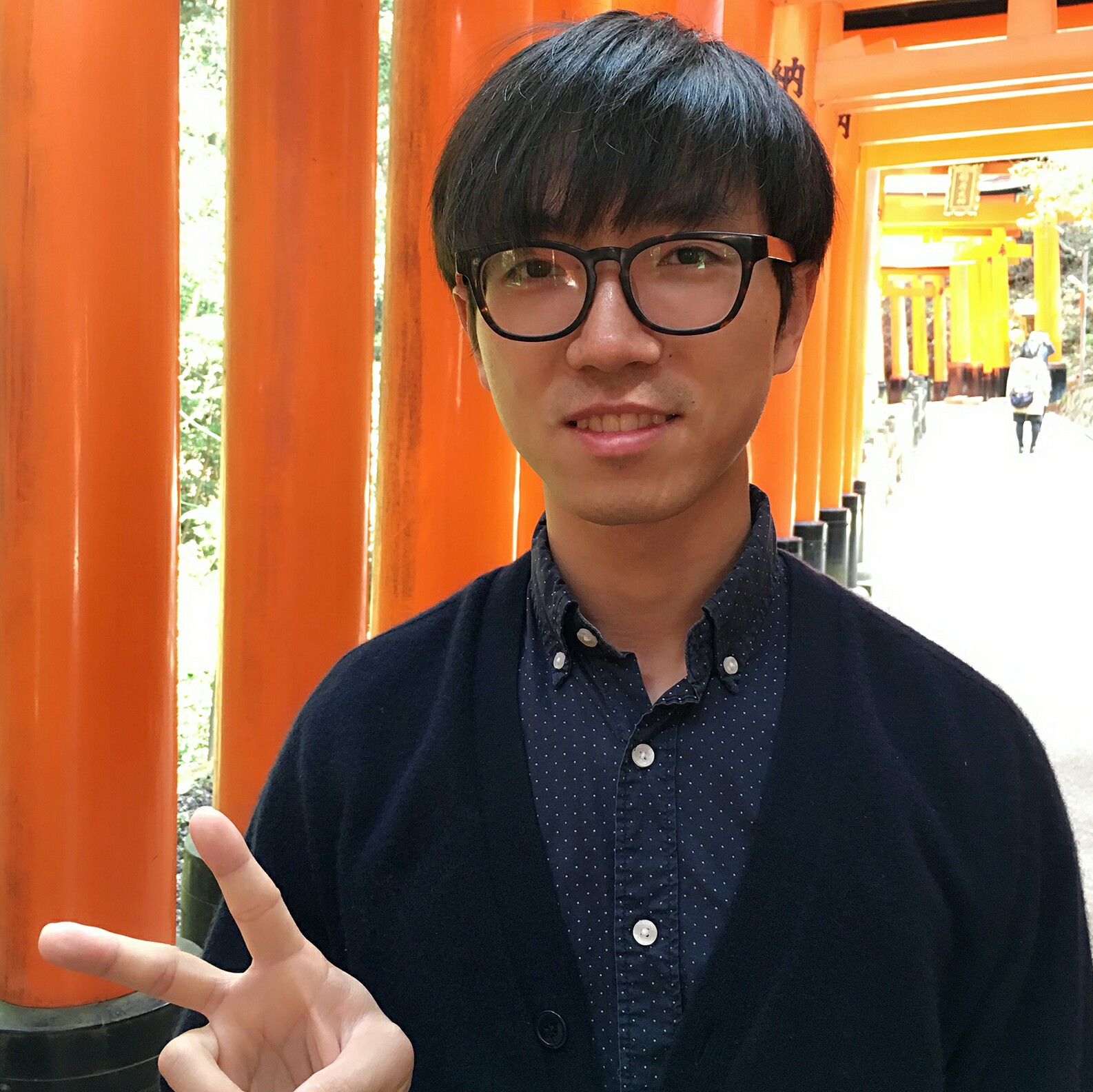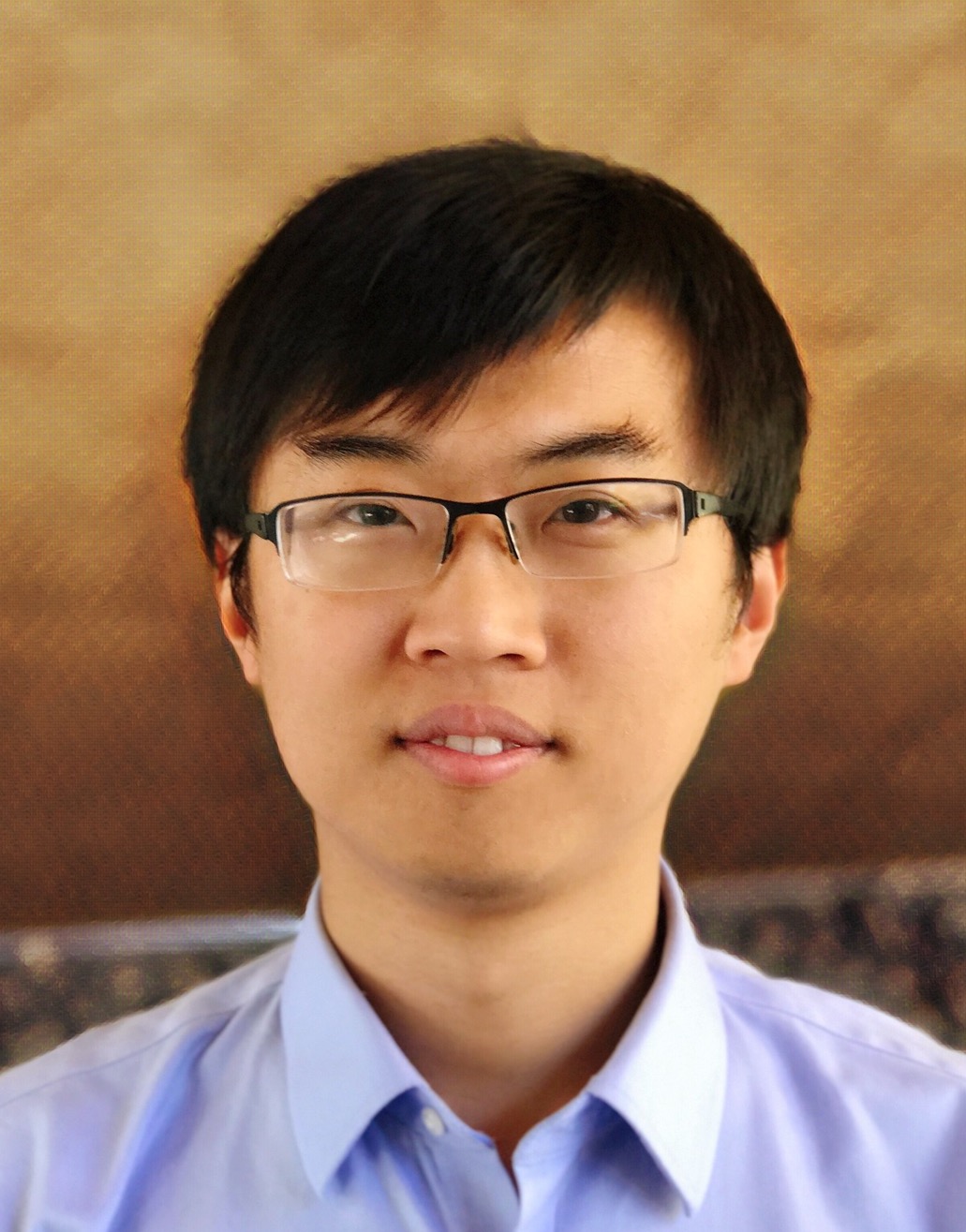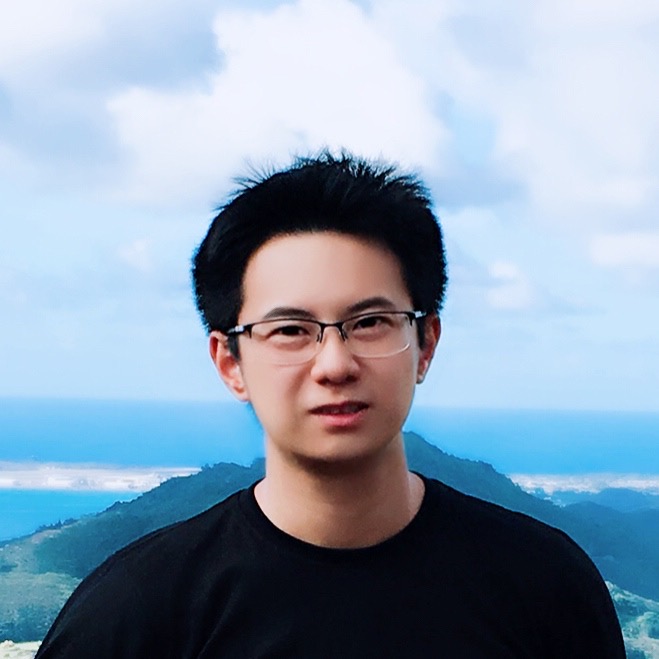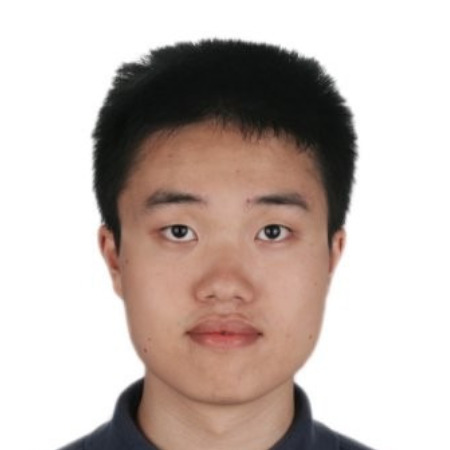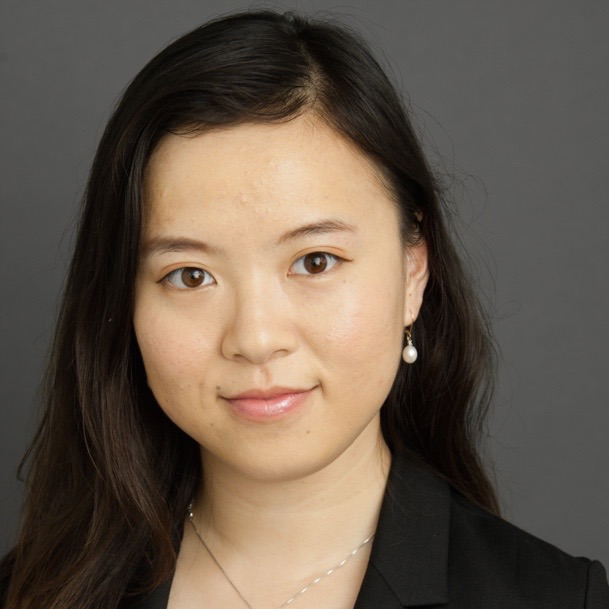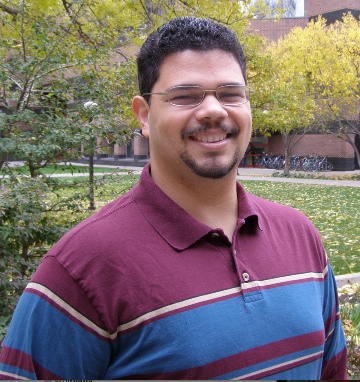Introduction
Recently, we have witnessed a surge in interest in embodied agents that could explore and interact with complex and unstructured environments. The design and control of such intelligent agents raise a large number of interesting research questions.It is worth noting that, recent embodied AI learning works are mostly first trained in simulated environments (e.g., AI Habitat, AI2THOR, RoboSuite, SAPIEN) and then transferred to the real world. However, the simulation for embodied AI landscape is quite fragmented and immature so far. It is yet an open question how to build a robotic-ready simulation environment, which is typically multi-disciplinary involving challenges from both computer vision, computer graphics, machine learning and robotics.
The key goal of this workshop is to assemble experts in simulation technology and embodied AI learning to synchronize and coordinate the efforts. First of all, this workshop would help simulation researchers to understand embodied AI learning and tailor their techniques for more effective and convenient learning. More importantly, embodied AI researchers will improve their understanding to the limitation (e.g., domain gap) of current simulation techniques, and use these simulators in a proper way. Finally, the workshop has also invited learning-based simulation experts, and we hope to take the chance to discuss the possible role of learning-based techniques in improving embodied AI learning environments.
The workshop will be held virtually in conjunction with ICCV 2021. We invited keynote speakers to cover a wide range of topics from physics-based modeling and simulation, learning-based simulation, human body simulation to embodied vision and robot learning. In addition, the workshop will feature a spotlight section for various existing simulation platforms, a spotlight section for accepted papers, a poster session and a live panel discussion.
Call for Papers
Topics: We invite both 4-page short papers and 2-page abstracts for works falling onto the simulation for embodied AI landscape. Paper topics may include but are not limited to:
- Simulation of important actuators such as hands and feet
- Contact simulation
- Simulation of fluids and materials
- Assets modeling and curation
- Sensor simulation and data modality analysis
- Human simulation for human-robot-interaction
- Simulation of agent-to-agent or agent-to-infrastructure communication and crowd simulation
- Differentiable simulation
- Data-driven simulation
- Model composition and hierarchical structure in simulation environment
- Sufficient level of fidelity in simulation
- Reduced simulation
- Trade-off between efficiency and fidelity in simulation
Submission: All submissions will be handled electronically via the workshop CMT website. Submissions should use the ICCV template. (If the download link does not work, please find the author kit at the ICCV 2021 website http://iccv2021.thecvf.com/node/4#submission-guidelines.) Submissions could be either 4-page short papers or 2-page abstracts in the ICCV format, excluding references, acknowledgements, and supplementary materials. All the accepted submissions will be published separately from the main conference in the post-proceedings by default, though authors could indicate explicitly if they want to opt out the post-proceedings. Dual submission is allowed, but must be explicitly stated at the time of submission and will not be included in the post-proceedings. Reviewing will be double-blind. Each submission will be reviewed for originality, significance, clarity, soundness, relevance and technical contents. Please contact iccv21.seai@gmail.com for any concerns.
Timeline (11:59 PM Pacific Standard Time)
| May 4 | Announcement and call for submissions |
| July 26 | Paper submission deadline |
| Aug. 9 | Review decisions announced |
| Aug. 16 | Camera ready deadline |
Workshop Schedule (EDT)
| Start | End | Event | Speaker | Video |
|---|---|---|---|---|
| 8:50am | 9:00am | Opening Remark | recording | |
| 9:00am | 9:30am | Fast and Differentiable Physical Simulations using the Taichi Programming Language | Yuanming Hu | recording |
| 9:30am | 10:00am | Differentiable Physics Simulations for Deep Learning | Nils Thuerey | recording |
| 10:00am | 10:40am | Spotlight Section: Simulation Environments for Embodied AI | recording | |
| 10:40am | 11:10am | Reinforcement Learning Based Control for Underactuated Task in Fluid Simulators | Bo Ren | recording |
| 11:10am | 11:40am | Efficient Nonlinear FEM with Deep Networks | Yin Yang | recording |
| 11:40am | 12:10pm | Frictional Contact with Guarantees and Smoothness | Chenfanfu Jiang | recording |
| 12:10pm | 1:30pm | Lunch Break | ||
| 1:30pm | 2:00pm | Self-Simulating Systems | Hod Lipson | recording |
| 2:00pm | 2:30pm | Better Visual Representations for Better Simulation to Real Transfer | Lerrel Pinto | recording |
| 2:30pm | 3:00pm | On the Use of Simulation in Robotics and Autonomous Vehicles | Dan Negrut | recording |
| 3:00pm | 3:40pm | Paper Spotlight Presentation | recording | |
| 3:40pm | 4:10pm | AI-augmented Physics Models | Karen Liu | recording |
| 4:10pm | 4:40pm | Differentiable Physics for Learning and Control | Ming Lin | recording |
| 4:40pm | 5:10pm | Panel Discussion and Community Building | recording |
Spotlight Presentation
| 3:00pm | 3:08pm | A Bayesian Perspective on the Sim-To-Real Gap | Fabio Ramos |
| 3:08pm | 3:16pm | SPACE: A Simulator for Physical Interactions and Causal Learning in 3D Environments | Jiafei Duan |
| 3:16pm | 3:24pm | V2X-Sim: A Virtual Collaborative Perception Dataset for Autonomous Driving | Yiming Li |
| 3:24pm | 3:32pm | Ges-THOR: Communicative Learning with Natural Gestures for Embodied Navigation Agents with Human-in-the-Scene | Qi Wu |
| 3:32pm | 3:40pm | Plan2Scene: Converting Floorplans to 3D Scenes | Qirui Wu |


